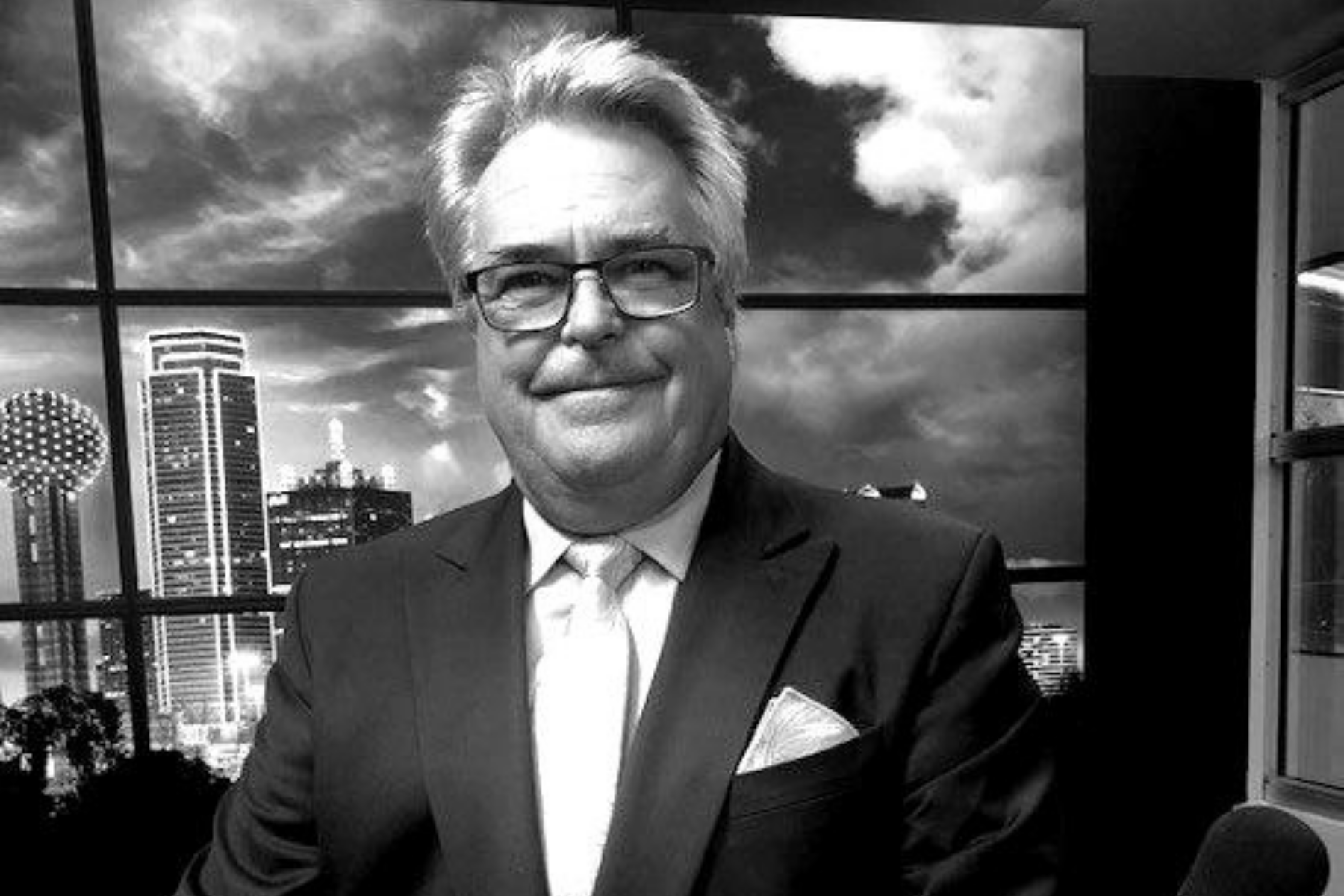An innovative investor is bringing affordable housing, medical clinics, and grocery stores into underserved ZIP codes in Dallas. Meet Michael Yorba, the CEO of Advance Community Fund, a Community Development Financial Institution (CDFI), which exists to fill in the gaps of economic development in low to moderate-income areas.
Through partnerships with banks, CDFIs help develop underserved areas and provide incentives for investment in these communities, including neighborhoods like Fair Park and Oak Cliff.
In 1978, the federal government passed the Community Redevelopment Act (CRA), which held banks accountable for investing a portion of any money lent to them at preferred rates by the U.S. government into lower-income areas. In turn, the banks received a CRA credit.
“For every $1 million banks invest in building affordable housing and community assets, in the form of grocery stores, hospitals, or that type of thing, the federal government will give them $4 million,” Yorba told D CEO.
Yorba entered the investment world in 1980. Over the next 30-plus years, he learned the ins and outs of the business, working as a principal in futures, private equity, and stock options. He then turned his knack for forecasting turns on the market into a television talk show when he arrived in Dallas 20 years ago. To put it simply, he knows investing.
“Some people that I know in the nonprofit world asked me if I would help them with the birth of this CDFI,” Yorba said. “They had been trying to get it off the ground for about a year before that, but they could never get anything done. They wanted me to show them how to get more promotion, how to raise money, and to organize the infrastructure, the build-out, and the scalability of the CDFI.”
Yorba brought together community members to get the project started so that traditionally undervalued voices can be heard while simultaneously creating a good return on investment. Although CDFIs intend to do good, they still need to earn money in the process.
In Dallas, the ACF is focusing on four ZIP codes: 75215, 75203, 75211, and 75212. These areas have a high poverty density and a low density of capital.
“What we’re trying to do is affect change by investing funds, whether it’s debt, like a loan, or equity, into these areas to create their ecosystem,” Yorba said.
So far, the ACF has facilitated loans for five affordable houses.
“I aligned this developer with funding through a local multibillion-dollar bank,” he said. We’re getting our fingers in a lot of diverse pies throughout the area. That’s phase one of real estate development.”
Currently, the ACF works primarily with new-build homes. Most are three-bedroom single-family homes built by developers and funded through the ACF. The developer owns the homes and works with mortgage companies to define who qualifies. Mortgage rates are determined by the area’s gross median income and vary from $800 to $1,500 a month.
“In other words, it’s not $300,000 or $500,000 houses that are going into these areas; these are more like $150,000 houses,” Yorba said. “They’re building them with the end client in mind so that they’ll be able to afford to buy the house.”
Yorba said five people are lifted out of poverty on average for every family that enters an ACF-funded home. The new homeowners also benefit from home value increases because of the new builds, which creates lasting change.
The ACF also plans to build six healthcare facilities and five grocery stores in the defined ZIP codes. Recently, Texas Brand Bank expressed interest in providing loans for urgent care centers, which will provide acute care for minor issues like stitches or routine vaccinations.
Yorba expects to break ground on the first facility this year, hoping for the additional five locations to be built within the next five years.
Phase two for the ACF is the mezzanine fund, intended to help smaller minority-owned businesses secure capital.
“We want to give them the financial education they need to keep their businesses on a sustainable level,” Yorba said. “Some people need a loan. Some people need equity. Giving them help allows them to grow their businesses and hire more people.”
Yorba estimates that 20 people will be lifted out of poverty for every business supported through the mezzanine fund, including the business owner, five employees, and their family members.
“I’ve got 980 minority-owned small businesses that are already in the system to be processed through the banks for funding,” he said. “The banks sort through those business owners and do what they can to help them grow. We’re concentrating on the hardest economically hit areas of Dallas.”
So far, the ACF has received positive feedback from its banking partners, and ACF’s project was one of only seven federal technical assistance grants in Texas—and the only one in Dallas—to be awarded a federal technical assistance grant of $125,000.
“This project can go into perpetuity until these programs are no longer needed, which I can’t see happening, as there’s poverty all over the country,” Yorba said. “We started this to create a nationwide movement. We’re creating a template in Dallas that we can take to multiple cities around the country. Wherever there is poverty and banks, we can fit in.”






